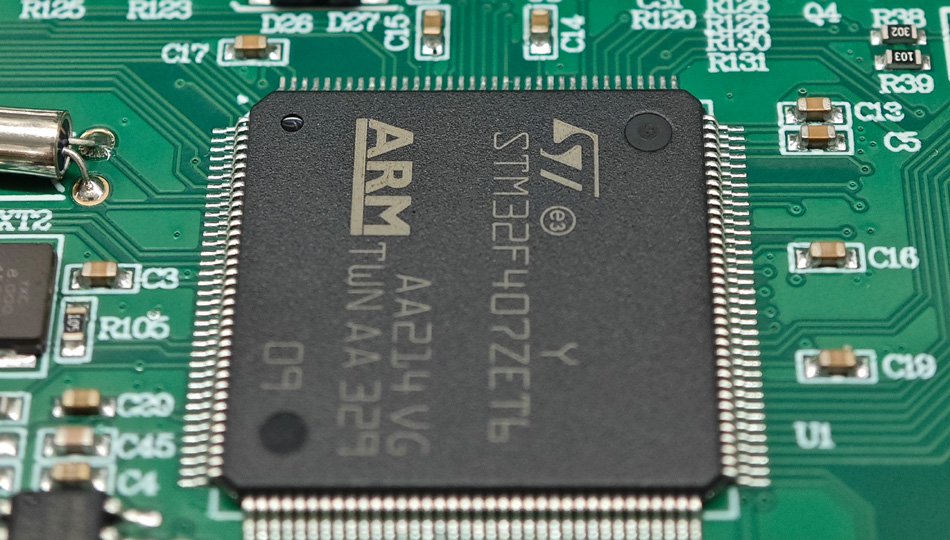- English
- Español
- Português
- русский
- Français
- 日本語
- Deutsch
- tiếng Việt
- Italiano
- Nederlands
- ภาษาไทย
- Polski
- 한국어
- Svenska
- magyar
- Malay
- বাংলা ভাষার
- Dansk
- Suomi
- हिन्दी
- Pilipino
- Türkçe
- Gaeilge
- العربية
- Indonesia
- Norsk
- تمل
- český
- ελληνικά
- український
- Javanese
- فارسی
- தமிழ்
- తెలుగు
- नेपाली
- Burmese
- български
- ລາວ
- Latine
- Қазақша
- Euskal
- Azərbaycan
- Slovenský jazyk
- Македонски
- Lietuvos
- Eesti Keel
- Română
- Slovenski
- मराठी
- Srpski језик
How can we optimize PCBA processing costs through intelligent production management systems?
In the highly competitive electronics manufacturing industry, cost management for PCBA (Printed Circuit Board Assembly) processing is crucial. The introduction of intelligent production management systems provides an effective solution for optimizing production processes, improving efficiency, and reducing costs. This article will explore how to optimize PCBA processing costs through intelligent production management systems.

1. Basic Concepts of Intelligent Production Management Systems
System Functional Overview
Intelligent production management systems enable comprehensive monitoring and management of production processes through data integration and analysis. These systems typically include functions such as production scheduling, resource management, quality control, and data analysis, enabling companies to gain real-time insights into production status and respond quickly.
Key Technology Applications
This system incorporates advanced technologies such as the Internet of Things (IoT), big data analytics, and artificial intelligence (AI) to streamline the flow of information, materials, and capital within the production process. Through intelligent management, companies can improve production efficiency and reduce costs.
2. Optimizing Production Scheduling
Real-Time Data Monitoring
Intelligent production management systems enable real-time monitoring of production status, including equipment uptime, output, and process parameters. This real-time data monitoring helps companies promptly identify bottlenecks and anomalies, enabling rapid adjustments and avoiding the additional costs incurred by production downtime.
Dynamic Scheduling Strategy
The system can also implement dynamic scheduling strategies based on production demand and equipment conditions. By optimizing production plans and schedules, it ensures smooth integration of each process, thereby improving overall production efficiency, reducing downtime, and lowering production costs.
3. Resource Management and Cost Control
Refine Resource Allocation
Through intelligent management systems, companies can achieve refined management of materials and human resources. The system automatically adjusts material procurement based on production demand forecasts, avoiding the risk of inventory overstocks and shortages, thereby reducing procurement and warehousing costs.
Production Efficiency Analysis
The intelligent system analyzes production data and assesses resource utilization efficiency at each stage. By identifying areas of resource waste, companies can implement targeted improvements, optimize resource allocation, and further reduce production costs.
4. Quality Control and Cost Reduction
Automated Quality Monitoring
The intelligent production management system integrates quality monitoring capabilities, enabling timely detection of substandard products through real-time data analysis and testing. This automated quality control can significantly reduce rework and scrap rates, thereby lowering production costs.
Continuous Improvement Mechanism
The system's data analysis and feedback mechanism helps companies continuously optimize their production processes and techniques. By analyzing historical data, companies can identify potential issues and implement continuous improvement strategies to ensure production quality, thereby reducing costs caused by quality issues.
5. Decision Support and Risk Management
Data-Driven Decision-Making
The intelligent production management system provides management with decision support through comprehensive data analysis. Based on real-time data, companies can make more accurate production decisions, optimize resource allocation, and reduce unnecessary production costs.
Risk Prediction and Response
The system also features risk prediction capabilities, analyzing potential risks through data models to help companies prepare for them in advance. This proactive management approach can reduce cost fluctuations caused by unexpected events and enhance overall enterprise stability.
Conclusion
The intelligent production management system plays a vital role in optimizing PCBA processing costs. Through real-time monitoring, dynamic scheduling, refined resource management, and automated quality control, companies can significantly improve production efficiency and reduce various costs. As market competition intensifies, intelligent management will become a key guarantee for companies to achieve sustained growth and profitability. Enterprises should actively introduce and apply intelligent production management systems to maintain their competitive advantage in the PCBA processing field.
Send Inquiry
-
Delivery Service






-
Payment Options









